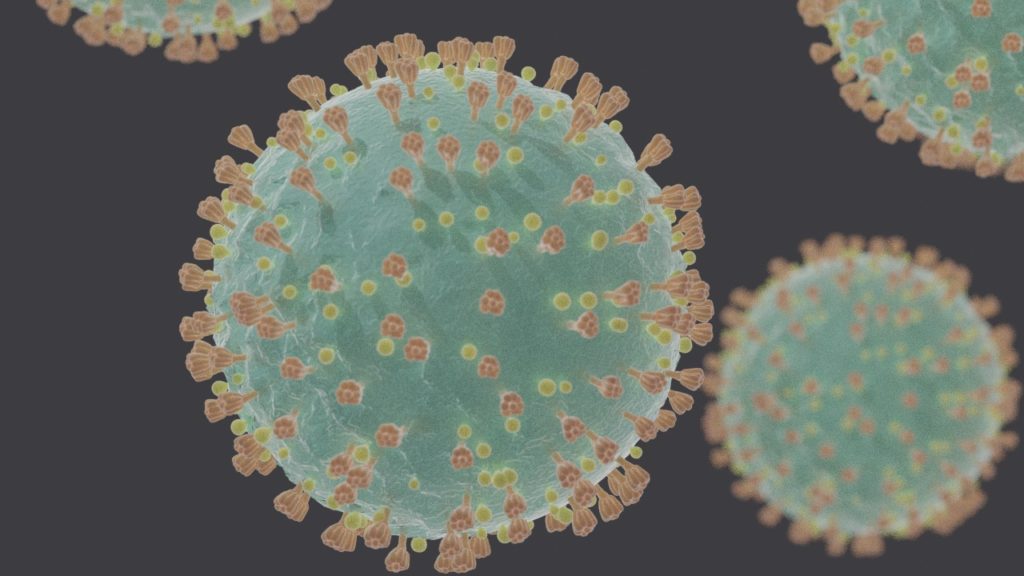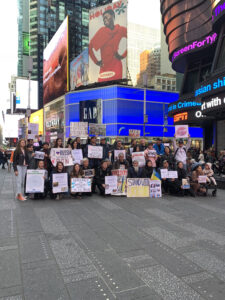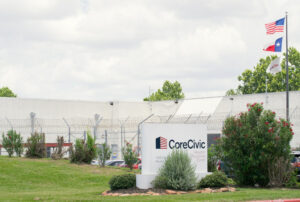Monday Briefing | March 23


Stories to Follow
COVID-19 Exposes Health Inequality in the United States: The World Health Organization (WHO) and the Centers for Disease Control and Prevention (CDC) have made numerous calls for social distancing, self-isolation and good hygiene practice in order to prevent the spread of the novel coronavirus (COVID-19). Since there is no vaccine for this virus, prevention is the only way to stay safe and healthy. But who can afford prevention? Many experts and journalists focus on government responses to COVID-19 or monitoring the number of deaths, but the latter question is just as crucial. While many of the world’s wealthiest have escaped to hideout spots and paid for private COVID-19 testing and treatments, ordinary people continue to work their jobs, increasing their exposure to the virus. Many ordinary people weren’t afforded paid time off from their jobs, and their ability to pay rent and make ends meet is jeopardized. Wealth inequality translates to health inequality in a system where access to healthcare depends on your employer. Given that the U.S. healthcare system is largely run by private insurers, and that access to these insurers is contingent upon employment, the COVID-19 outbreak has been nothing short of a disaster particularly for the poorest fragments of society. On top of inaccessibility (with 10% of Americans being uninsured), healthcare in America is expensive. According to a 2019 Gallup study, 25 percent of Americans admit to putting off medical treatment of a serious condition because of cost. This outbreak should help us think of healthcare in class terms but also in terms of disease prevention; unequal access to healthcare will only exacerbate the pandemic because working-class individuals who cannot afford social distancing are also the same individuals who can’t afford COVID-19 testing and potential treatments. Massive inequality and the U.S. government’s lagging response to the pandemic gives American citizens the perfect opportunity to question their healthcare system, and puts the question of healthcare accessibility at the center of presidential elections.
Happening This Week
As a result of NYU’s effort to combat the COVID-19 spread, JPI events will be postponed or moved online. Please stay tuned for updates, and be sure to follow best-practice recommendations for mitigating infection.
Many events and gatherings have been cancelled or postponed in accordance with CDC recommendations. If you hold event tickets, check with vendors for refund and contingency policies. In the meantime, this is a great opportunity to get outside and enjoy the parks and waterfronts that New York City has to offer. Be sure to follow social distancing guidelines when outdoors!
In Your Free Time
Since most of us will be home, here is a good, lengthy Netflix documentary: The Vietnam War (2017), produced and directed by Ken Burns and Lynn Novick. Throughout the ten episodes, the documentary provides firsthand accounts of the Vietnam War (or the Resistance War Against America, as it is known in Vietnam). This is a highly informative documentary, which will give you extensive knowledge on the war’s development. Furthermore, it will help you raise critical questions on war-making and national security, which is crucial in today’s geopolitical context.
This week’s Monday Briefing was brought to you by Zeinab Fayad.







